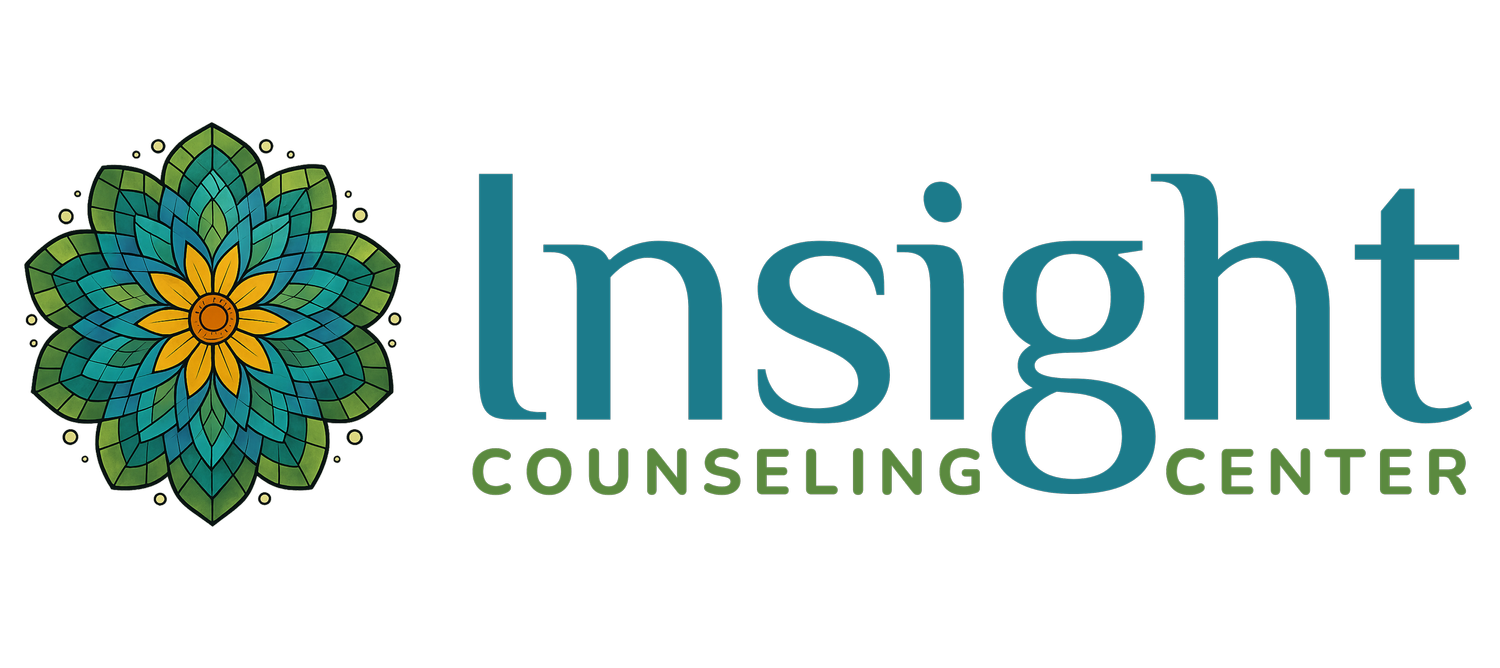
Our Values.
Care. Empathy. Respect.
We believe in the strength and dignity of every person and honor the courage it takes to seek support. Our work is rooted in integrity, informed by experience, and shaped by deep respect for each individual’s path. We value meaningful connection, cultural sensitivity, and evidence-based care that nurtures growth and emotional well-being.
Support begins with feeling safe. From the first conversation to every session thereafter, our aim is to create a space where you feel seen, heard, and respected. We listen with care, speak with honesty, and move at your pace. Because your story matters.
Our Philosophy.
At Insight Counseling Center, we believe healing is an ongoing process that continues beyond the therapy hour. Our mission is to help patients reconnect with inner strengths, reframe limiting beliefs, and build supportive relationships that foster long-term growth.
We understand mental health is not one-size-fits-all. That is why we reject cookie-cutter methods in favor of personalized care rooted in research and relational wisdom. Whether navigating childhood trauma, relationship challenges, or daily anxiety and depression, we work to support meaningful, lasting change through structured, compassionate, and strategic care.
You’re not just another appointment on the calendar.
We take the time to understand what matters to you—your relationships, your history, your hopes—and we help you make sense of it all in a way that honors your unique experience. Whether you’re facing a current crisis, unpacking past trauma, or simply trying to feel more like yourself, we’re here for the real you.
Our approach is supportive but direct, empathetic but honest. We value your time, your growth, and your courage in showing up. Each of our clinicians brings a unique personality, background, and clinical focus—but what we all share is a deep respect for your journey, and a belief that healing is possible.
How To Get Started.
Book a free 15-minute consultation to discuss your unique personal goals and any questions you may have about our practice.
If we both feel like we’re a good match, we’ll schedule your first session and send intake forms for you to complete.
We’ll learn about you and your unique individual goals, allowing us to create a strong and meaningful connection.
“There is hope, even when your brain tells you there isn’t.”
~ John Green






